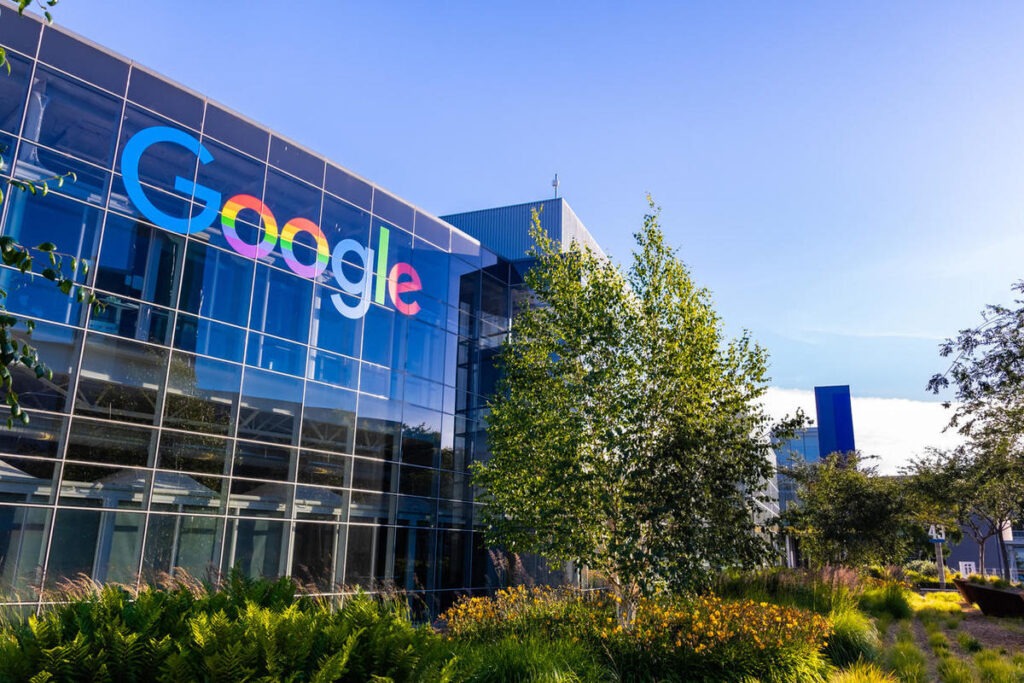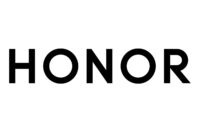
Google office building in the Company's campus in Silicon Valley
The Competition Commission of South Africa’s Media and Digital Platforms Market Inquiry’s (MDPMI) final report has revealed that tech companies in the country dominate key gateways through which South Africans access information.
The final report released on Thursday, is culmination of 24 months of extensive evidence gathering from the public industry stakeholders, media publishers, broadcasters, the digital platforms themselves, and academia.
Report
According to the report, the global transition to digital platforms has severely undermined traditional revenue models and has eroded the financial positions of news media.
The commission said in South Africa, declining advertising income and the limited ability of audiences to pay for subscriptions have led to shrinking newsrooms, closed bureaus, and constrained reporting capacity.
“Digital platforms exacerbate these pressures by capturing audiences and monetisation opportunities that traditionally sustained news outlets.”
Global platforms
According to the Commission, the Inquiry found that major global platforms (Google, Meta, Microsoft, TikTok, X and AI companies such as OpenAI) dominate key gateways through which South Africans access information, namely search, social media, and AI-powered tools.
“In search, Google maintains a dominant position, where news represents 5-10% of queries and drives user engagement that is monetised through commercial advertising. Google does however not compensate South African media for the news content it displays or summarises.
“Referral traffic to media websites has declined sharply as users increasingly consume AI generated summaries or remain on Google’s own platforms,” the Commission said.
The Commission added that Google’s algorithmic structure tends to favour large foreign outlets over local or vernacular media, deepening inequality in content visibility and advertising reach.
NOW READ: Google commits R49m to AI, security upskilling in South Africa
Google response
Google said it is still reviewing the report, which they have just received from the Commission.
However, in a blogpost, the search giant said the way people find and consume news has fundamentally shifted.
“Helping the news industry adapt to the digital age is a shared responsibility. It requires innovation from publishers, a broad-based approach from the wider industry and government, and contributions from multiple platforms – not just Google.
“Following engagement with the South African Competition Commission and industry stakeholders, we are implementing a five-year support plan for the South African news industry. This approach is consistent with our support for news partners around the world and will be tailored for the country’s unique and multilingual news ecosystem,” Google said.
Google plan
At a high level the plan includes:
- Targeted investments through the Digital News Transformation Fund and existing programmes like Google News Showcase.
- Investment in AI-driven innovation for news.
- Foundational training for journalists and newsrooms including support in South Africa’s vernacular languages.
- Introducing global features, such as Preferred Sources in Search, which lets users customize their experience in Top Stories to select and follow their favorite sites.
“We believe ensuring a vibrant future for South African journalism is a collective challenge. While we are committed to doing our part, long-term success will depend on broader industry cooperation, support from other digital platforms, and the ongoing agility of newsrooms to adapt to the evolving landscape.”
Microsoft
The Commission Microsoft exhibits a similar “foreign bias” through its MSN service, which contracts relatively few South African publishers.
“In terms of social media, platforms such as Meta (Facebook, Instagram, and WhatsApp), YouTube, X and TikTok play a massive role in distributing news to South Africans, particularly within community and vernacular audiences. “
AI chatbots
The Inquiry also found that AI chatbots and large language models have scraped online news content without compensation, using it to train AI systems and generate responses to user queries.
“Although news represents a small portion of total training data, this practice raises significant questions about the future value of original journalism. While major AI companies now offer websites the ability to opt out of scraping, small and community media often lack the technical expertise to exercise these options.”
NOW READ: AI momentum can solve problems including health and climate change, Dell says
AdTech
According to the Commission, in AdTech, Google’s dominance across the AdTech stack has entrenched dependency and raised costs for media, with its bundled systems giving preferential treatment to its own exchange.
“While South Africa cannot resolve these global distortions alone, aligning with international regulatory and legal efforts could help restore fairness.”
It said AI and digital platforms also offer opportunities for innovation, but only if local media can collectively bargain, build technical capacity, and access fair compensation for their content.
“Sustained collaboration, investment, and policy support remain vital to ensure a diverse, credible, and sustainable South African media ecosystem.”
Plans
The Commission said it has finalised a comprehensive package of remedies designed to restore fairness, transparency, and sustainability in South Africa’s media ecosystem.
“Central to these outcomes is a R688 million Media Support Package agreed with Google and YouTube, which will fund national, community, and vernacular media through a combination of content licensing, innovation grants, and capacity-building initiatives.”
This includes support for newsroom innovation, contributions to the Digital News Transformation Fund, and funding for vernacular-language training through the Media Development & Diversity Agency (MDDA).
Remedies
Google will also introduce new user tools to prioritise local news sources, provide technical assistance to improve website performance, share enhanced audience data, and establish an African News Innovation Forum.
Microsoft, in turn, will extend its MSN news contracts to include five additional national publishers.
In the social media space, Meta will create a Media Liaison Office in South Africa and expand monetisation access through workshops, ad credits, and the removal of follower thresholds.
YouTube will offer automatic access for all South African media to its Partner Programme.
TikTok will roll out its Publisher Support Suite in South Africa, including monetisation and analytics tools, while X Corp will make all monetisation programmes available locally and provide training workshops.
Literacy
The Commission said all platforms will implement digital literacy initiatives to strengthen media resilience and counter misinformation.
“Remedies in AdTech and AI will align South Africa with leading global standards. Google will extend transparency measures from the EU, improving visibility into advertising costs and publisher payments, and will remove self-preferencing practices within its ad systems.
“AI companies will offer South African media the same content controls and opt-out mechanisms available in the EU, alongside biannual training to support the development of a fair and functioning market for licensed content,” the Commission said.
The Department of Communication and Digital Technology has also been encouraged to develop content-moderation regulations to oversee public complaints and moderation practices.
ALSO READ: New HUAWEI nova 14 Pro brings next-gen imaging and AI intelligence to South Africa





